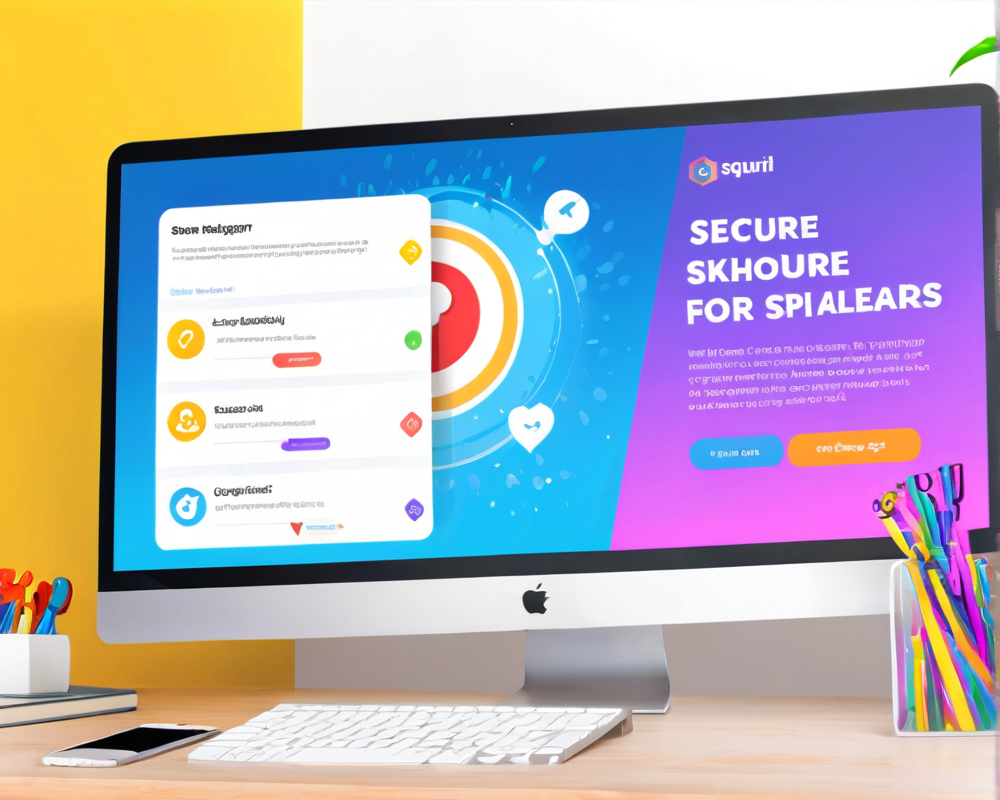Understanding Digital Identities
As we navigate the vast oceans of the internet, each click, like, and share gradually weaves a tapestry — our digital identity. This intricate web of data typically gets snagged by big players like Google and Facebook, who conveniently offer those tempting “log in” buttons. Seems easy, right? But there’s a hitch: these centralized intermediaries hold our valuable personal data like it’s their prized trophy. They decide what gets shared and with whom. Yikes!
Enter The Blockchain: Your New Best Friend
Here’s where the blockchain struts in, cape billowing behind it like a superhero come to save the day. Decentralized digital identities (DIDs) allow users to manage their identity data without giving the reigns to big corporations or government agencies. Imagine having your digital credentials on an Ethereum account. Yes, you can create as many accounts as you desire without needing anyone’s thumbs-up or a central registry. Think about it: your credentials are verifiable and tamper-proof, which sounds pretty trustworthy!
The Rise of Decentralized Identity Use Cases
There’s a lot cooking in the world of decentralized identities. Did you hear about Binance? In a surprise twist that shocked some and delighted others, they launched a soulbound token (BAB) to serve as users’ KYC credentials. Imagine a world where KYC is as easy as slipping into your favorite sweats. Ok, maybe that’s a stretch, but we’re getting there!
Why Decentralization Could Be Key
- Ownership: Unlike the traditional systems where your digital identity is an orphan living off someone else’s couch, here it’s yours.
- Portability: Think of it as the Swiss Army knife of identities—all your info secure, in one neat, handy package!
- Less Dependency: Say goodbye to waiting in snaky lines for a government ID; your decentralized ID is a lighthouse guiding you across stormy seas.
Challenges on the Horizon
Now, don’t pop the confetti just yet! While decentralized identities seem like the panacea for identity woes, they’re not all rainbows and sunshine. Self-sovereignty is great, but you might need a PhD to navigate some user interfaces right now. And as Charlotte Wells from Wirex pointed out, with great power comes great responsibility. The amount of data we still have online is staggering, and security remains a major concern. We might control our own data, but that also means we’re responsible for it, which can feel like a heavy backpack during a marathon.
Finding Balance
It’s crucial to keep standards and regulations in the picture to provide users with a sense of security. No one wants to walk into the data jungle with no protective shield, right?
What Lies Ahead for Decentralized Identities?
If you’re a crypto enthusiast, imagining a world where you can easily manage and share your digital identity will sound like a dream come true. But for the not-so-crypto natives, it might seem like a foreign concept. Until decentralized systems catch up in simplicity and usability with good old centralized identities, the old guard remains. As Fabrice Cheng aptly noted, awareness of what’s shared on the blockchain is key. Users will need to navigate their online behaviors with precision. And that, my friends, is the reality check we need.



